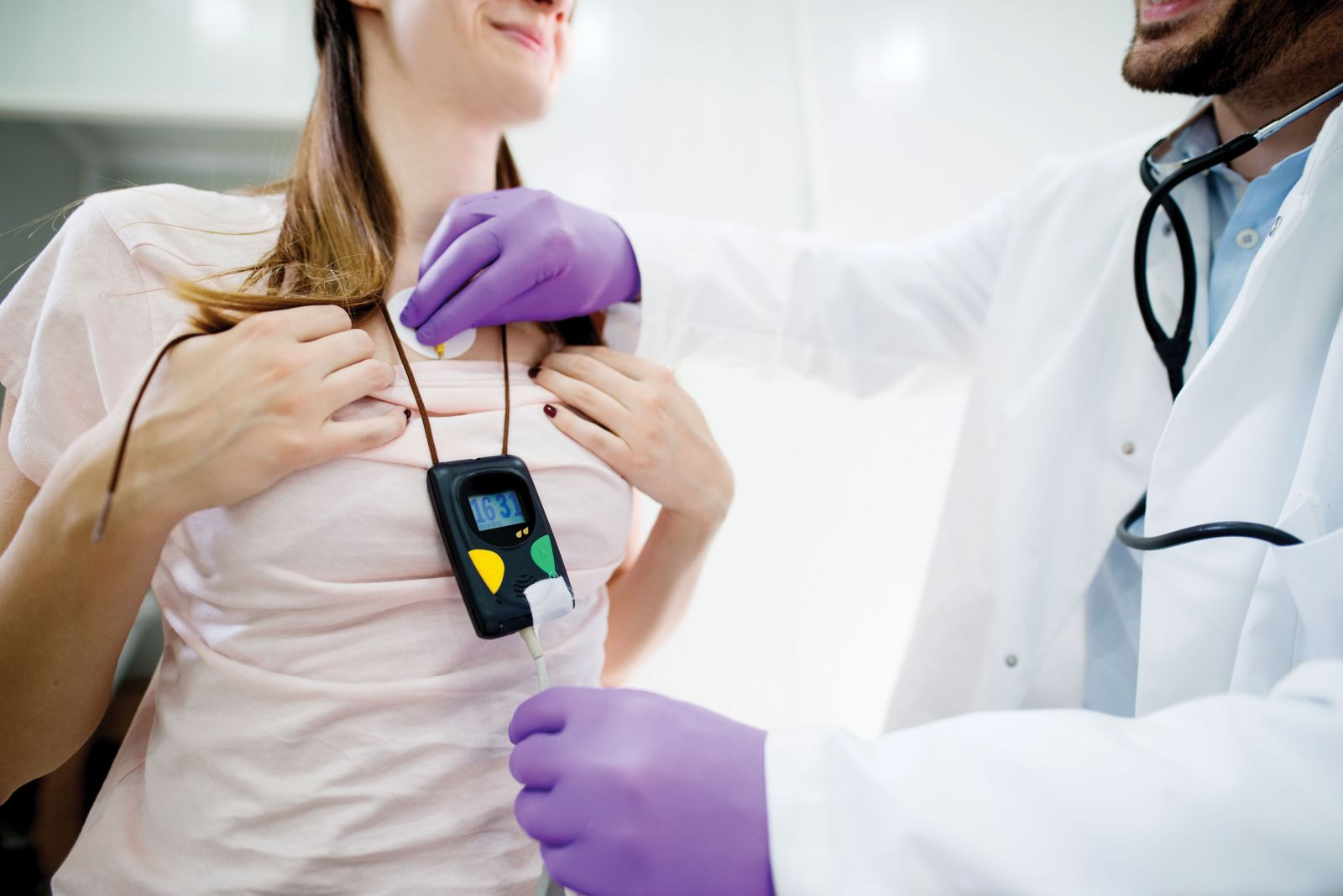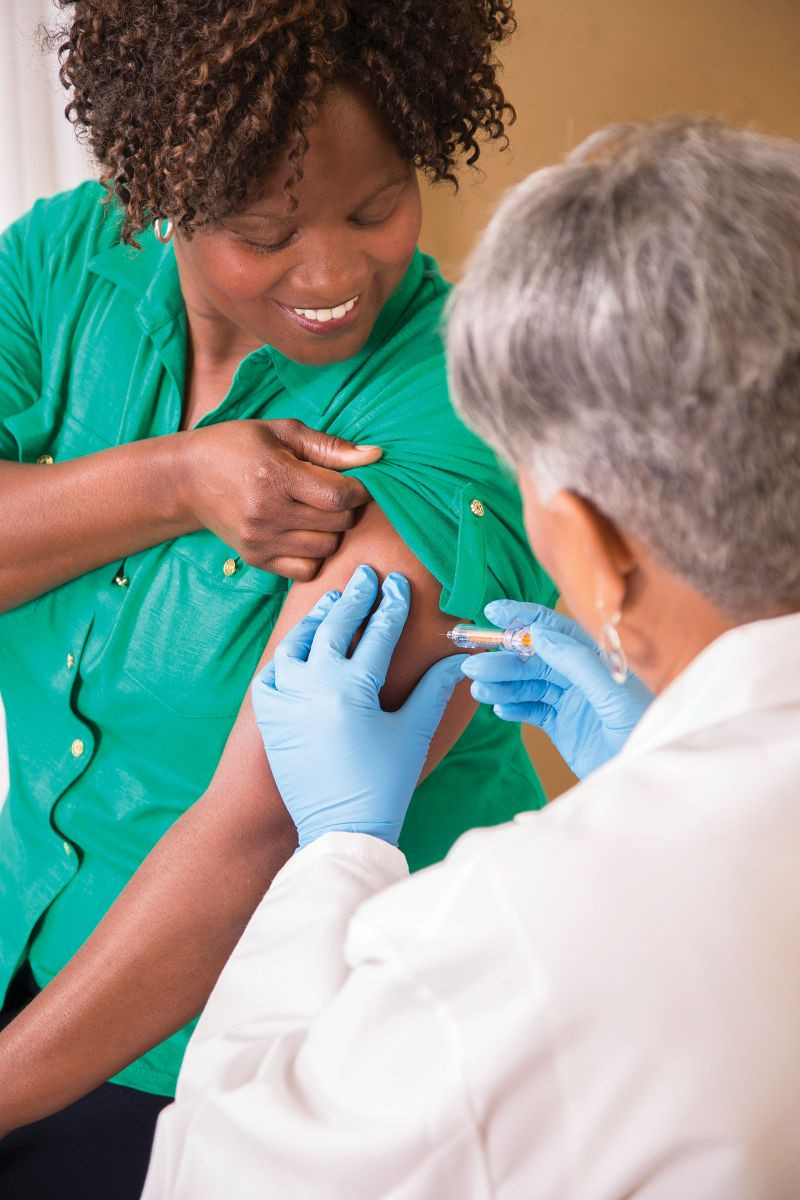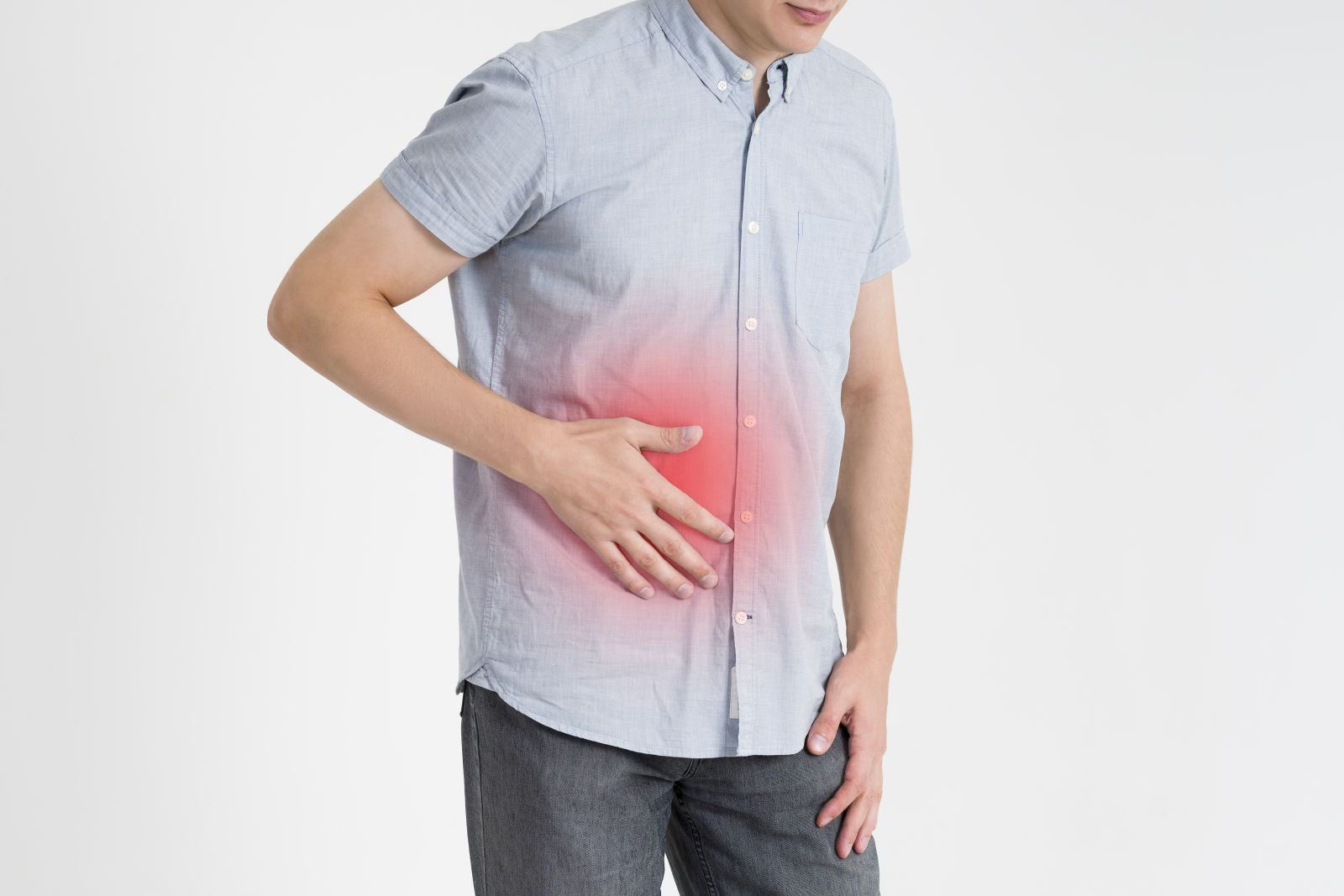
What are somatic workouts?

How to curb your stress eating

How to spot Parkinson’s disease symptoms

8 simple ways to reduce ultra-processed foods in your diet

Heart failure symptoms in women: How they’re different

GERD diet: Foods to avoid to reduce acid reflux

Strong is the new skinny

Everyday habits that sneakily weaken your bones

Don’t wait to get help for back pain

Correcting how you walk may ease osteoarthritis knee pain
Diseases & Conditions Archive
Articles
Coffee tied to decreased rosacea risk
News briefs
Image: © agrobacter/Getty Images
For some people, it's tough to prevent flare-ups of rosacea, the reddened and sometimes bumpy skin that shows up on the cheeks, nose, and other areas of the face. Caffeine, heat and sun exposure, and a long list of foods (everything from spicy foods to yogurt) have been thought to trigger rosacea or make it worse. But a study published online Oct. 17, 2018, by JAMA Dermatology not only pokes a hole in the idea that caffeine is to blame, it also suggests that one major caffeine source — coffee — might even reduce the risk of rosacea. Researchers analyzed health and diet survey responses gathered every four years from nearly 83,000 women (most of whom were white) from 1991 to 2005. It turns out that women who drank four or more cups of caffeinated coffee per day were 23% less likely to report a diagnosis of rosacea during the study period, compared with women who drank less than one cup per month. Increased caffeine intake from tea, soda, and chocolate had no impact on the likelihood of developing rosacea. The study was only observational and can't prove cause and effect. But coffee has also been linked to many other health benefits, including lower blood pressure, a slower rate of weight gain with age, and reduced risks for developing type 2 diabetes or dying from cardiovascular disease or neurological diseases.
Should you get a home genetic test?
Direct-to-consumer tests may help predict risks to your future health. But are they worth the cost and trouble?
Image: © jxfzsy/Getty Images
Direct-to-consumer (DTC) genetic test kits are a popular way to identify a person's ancestral history, but the technology may also reveal whether someone is at risk for specific diseases and conditions, like Alzheimer's disease, heart disease, and even cancer.
"More and more people want to explore their own medical data, and a DTC genetic test is one way to begin to understand some aspects of your future health," says Dr. Robert Green, a medical geneticist at the Harvard-affiliated Brigham and Women's Hospital and director of the Genomes2People Research Program. "Yet it is important to realize that DTC testing is not the same as genetic testing in a medical context, and is not a comprehensive examination of your DNA."
Are there any new flu treatments?
Ask the doctors
Q. I heard that there is a new medication that you can take for the flu. Is this a vaccine?
A. In October 2018, for the first time in 20 years, the FDA approved a new medication to treat the flu. Baloxavir marboxil, sold as Xofluza, is not a vaccine, but rather an antiviral drug that can help your body fight off influenza more quickly. Antivirals work by stopping viruses from reproducing, lessening both the severity of your symptoms and their duration. Xofluza joins two antiviral drugs commonly prescribed for flu, oseltamivir (Tamiflu) and zanamivir inhaler (Relenza). (A third flu drug — peramivir, trade name Rapivab — is administered as an intravenous infusion.)
Heart palpitations: Mostly harmless
Occasionally these heart rhythm disruptions signal a more serious condition.
Image: © dusanpetkovic/Getty Images
Lately you've felt like a flipping fish is stuck inside your chest. You feel fine otherwise, but there it is again — flip, flop. It's gone as fast as it appears. But you're starting to worry: is it a sign of a serious heart problem?
Chances are what you're feeling is a condition called heart palpitations, which are usually harmless blips in the heart rhythm, explains Dr. Peter Zimetbaum, a professor of cardiovascular medicine at Harvard Medical School. Only occasionally are these rhythm disturbances the sign of a more serious heart problem that should be checked out.
Tuberculosis vaccine shows promise in controlling blood sugar
Research we're watching
A long-used vaccine is showing promise in helping to restore near-normal blood sugar levels in people with advanced type 1 diabetes. Researchers from Harvard Medical School injected adults who had type 1 diabetes with two doses of the bacillus Calmette-Guérin (BCG) vaccine, which is traditionally used to prevent tuberculosis.
Participants in the study, all of whom had type 1 diabetes for many years, all showed significant improvements in their average blood sugar levels after the vaccination. The improvements lasted for the next five years. Researchers said that it appears the vaccine affected a metabolic mechanism that increases consumption of glucose by cells.
Nitrates from vegetables may lower age-related macular degeneration risk
In the journals
Image: © Edalin/Getty Images
An observational study has shown an association between eating vegetable nitrates, found in green leafy vegetables and beets, and a lower risk of developing an early stage of age-related macular degeneration (AMD), the leading cause of permanent vision loss among Americans ages 60 and older. The results were published online Oct. 17, 2018, by the Journal of the Academy of Nutrition and Dietetics.
Researchers studied the eating habits of more than 2,000 adults ages 49 and older over a 15-year period and compared them with diagnoses of AMD among the group. They found that people who ate 100 to 142 milligrams (mg) of vegetable nitrates each day had a 35% lower risk of developing early AMD than people who ate less than 69 mg of vegetable nitrates daily.
Antibiotics help some people avoid surgery for appendicitis
Image: © Azure-Dragon/Getty Images
In the journals
It is often assumed that appendicitis means automatic surgery to relieve the pain and avoid complications. Yet, a study published online Sept. 25, 2018, by JAMA found that many people with uncomplicated acute appendicitis may be safely treated with antibiotics and avoid an appendectomy.
About 70% to 80% of acute appendicitis cases are uncomplicated, which means the appendix hasn't ruptured or formed an abscess. In the study, researchers had 530 people with uncomplicated acute appendicitis either undergo an appendectomy or receive 10 days of antibiotic therapy. After five years, 61% of the antibiotic group had no recurrences of appendicitis and no appendectomies.

What are somatic workouts?

How to curb your stress eating

How to spot Parkinson’s disease symptoms

8 simple ways to reduce ultra-processed foods in your diet

Heart failure symptoms in women: How they’re different

GERD diet: Foods to avoid to reduce acid reflux

Strong is the new skinny

Everyday habits that sneakily weaken your bones

Don’t wait to get help for back pain

Correcting how you walk may ease osteoarthritis knee pain
Free Healthbeat Signup
Get the latest in health news delivered to your inbox!
Sign Up









